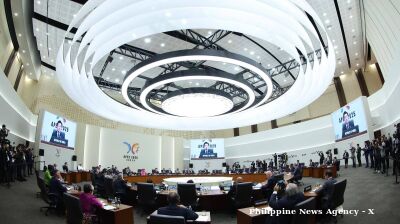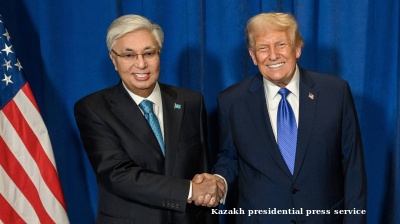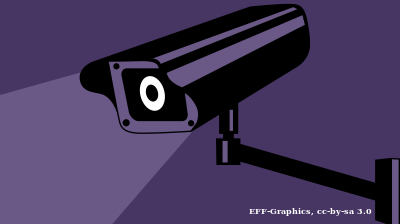World Bank economists are providing policy recommendations to Kazakhstan on introducing taxes on sugary drinks. Officials are working on countering the growth of health problems including diabetes, obesity and cardiovascular disease typically related to too much sugar consumption.
Economists from the international financial institution met with Kazakh government representatives on January 29. They discussed what impact taxes on sugary drinks would have in the country, the World Bank said in a statement.
Consumption of sugary drinks is increasingly prevalent in Kazakhstan, particularly when it comes to energy drinks. The trend is seen as draining badly needed resources from the country’s economy due to the expenditures required to combat the development of the wide range of health issues linked to excessive sugar intake. The wider incidence of related diseases lead to both lost productivity and avoidable healthcare costs. The new National Health Strategy 2020-2025 states that the current damage caused by non-communicable diseases to the economy of Kazakhstan costs KZT2.3tn (€5.52bn) per annum, equivalent to 4.5% of annual GDP in 2017.
‘Wins for health and economy’
“Introducing a tax on sugary drinks is a win for public health, and a win for the economy,” said Kate Mandeville, World Bank senior health specialist. “A simulation of the impact of this tax in Kazakhstan, under various designs, shows that it could generate up to KZT 182 billion (0.25% of GDP) by 2022, as well as reduce consumption in line with other countries.”
“The designs of the taxes vary, but global evidence shows preferences for specific excise taxes based on the volume of sugar content in these drinks. Both alternatives were selected by the World Bank team to analyze the policy options for Kazakhstan,” the statement said. “The success of these policies would depend on the implementation of the digital registration and control stamp system, as well as strong regulation of sugary drinks labelling.”
Sugar sweetened beverages include sugary sodas, sports drinks, fruit drinks, pre-sweetened teas and coffees, enhanced waters and energy drinks.
News

US–China soybean sales restart
According to Scott Bessent, US Treasury Secretary, the agreement marks a significant step towards restoring normalcy for American farmers.

Russia faces $50bn annual losses from oil sanctions as Lukoil exits international assets
Russia is expected to lose at least $50bn annually due to oil-related sanctions, as Moscow’s largest private oil producer Lukoil agrees to sell its international assets and Germany considers nationalising operations owned by state-run Rosneft.

Chicken and chips in Seoul - for Nvidia, Samsung and Hyundai
In a low-key fried chicken shop in southern Seoul, the leaders of Nvidia, Samsung Electronics and Hyundai Motor held an informal meeting on the evening of October 30.

Presidents Lee and Xi begin diplomatic chapter at APEC summit
President Lee, who is chairing the first session of the summit at the Hwabaek International Convention Centre, stood at the entrance to personally welcome participants. President Xi reached the venue at approximately 10:02.




